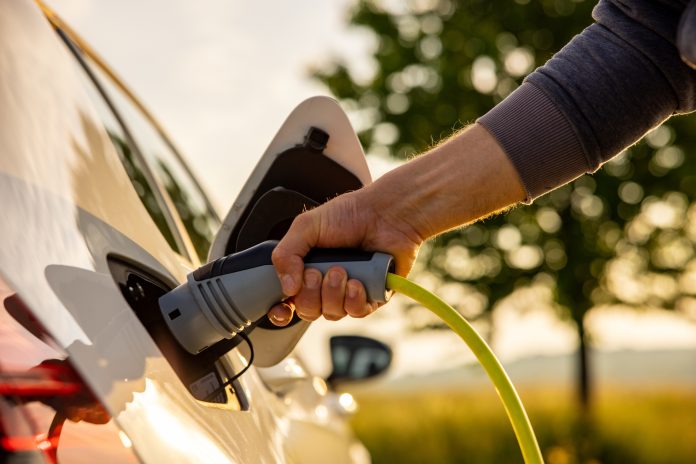Lithium-ion batteries, which are used in a large amount of electric vehicles, like other batteries lose power over a long period
Research led by engineers at the University of Colorado Boulder has looked into this and promises advancements that could significantly enhance the performance and longevity of batteries. This extends the durability and range of electric vehicles (EVs) and helps with the transition into cleaner energy technologies.
Understanding why batteries lose capacity
It was revealed that hydrogen molecules from the battery’s electrolyte migrate to the cathode, displacing the lithium ions. This reduces the available binding sites for lithium ions, which over time weakens the battery’s electric current.
The importance of this study is to address battery degradation, which limits the lifespan of current lithium batteries. Usually, EV batteries last seven to ten years, then they need a replacement, which is due to the decreased capacity caused by self-discharge.
Improving the lifespan of EV batteries
An EV has a driving range of about 250 miles per charge, which is significantly less than gasoline cars. Enhancing batteries has the potential to increase this range while lowering production costs and addressing environmental concerns associated with cobalt mining.
“All consumers want cars with a large driving range. Some of these low cobalt-containing batteries can potentially provide a higher driving range, but we also need to make sure they don’t fall apart in a short period of time,” said Michael Toney, the paper’s corresponding author and a professor in the Department of Chemical and Biological Engineering.
Moving away from cobalt in battery production can reduce environmental damage and reduce costs associated with rare minerals. These efforts align with global efforts to promote sustainable energy solutions.
By pinpointing the root cause of battery degradation, researchers can now focus on developing solutions such as cathode coatings or alternative electrolytes to prevent hydrogen molecule migration.
The future of battery manufacturing
The findings provide important insights for battery manufacturers and the automotive industry, guiding future research and development efforts towards creating more efficient and durable batteries for EVs and other energy storage applications.
As efforts continue to reduce greenhouse gas emissions, advancements in battery technology will help to achieve these goals. The potential to extend EV driving ranges and improve battery lifespan could accelerate the adoption of electric vehicles worldwide.











